
Our community-focused approach fosters deep connections among peers, encouraging mutual support and growth throughout the recovery journey. At The Grove, you’re not just receiving care; you’re joining a vibrant community committed to helping each other.
Struggling with drug and alcohol addiction can feel isolating, but at The Grove Recovery in California, you’re not alone. We offer a range of rehabilitation programs tailored to individual needs, including outpatient rehab, Intensive Outpatient Programs (IOP), Partial Hospitalization Programs (PHP), dual diagnosis treatment, and sober living options.
We also offer specialized care for co-occurring mental health conditions like anxiety, depression, and eating disorders. Our services are accessible and effective for those on the path to recovery.





Insurance could cover up to 100% of the cost of treatment.
Here at the Grove Recovery Community, we understand that people come from many different walks of life. Whether you need to stop everything to focus on recovery or you need treatment that can work with your schedule, we offer a wide range of care options to choose from. Click below to discover your options.
Our team of professionals will develop a personalized treatment plan, integrating both medical and holistic approaches, to address the root causes of your addiction.
